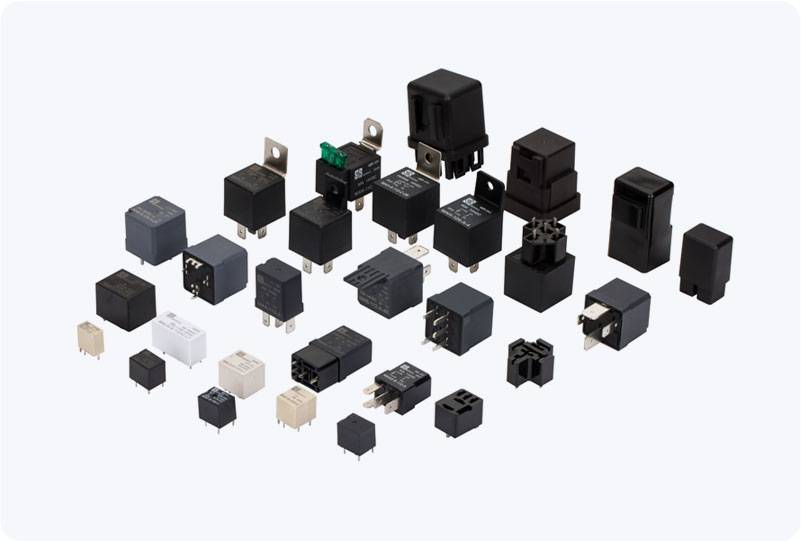ground fault relay: essential protection for electrical systems
Release time:2025-06-29 20:09:01
A Ground Fault Relay (GFR) is a crucial device in electrical systems designed to detect and protect against ground faults. Ground faults occur when an unintended electrical path is formed between a live conductor and the ground or earth, which can pose serious safety risks, including equipment damage, fire hazards, and electrical shock to personnel. By quickly detecting these faults, a Ground Fault Relay provides critical protection by shutting down or isolating the affected section of the system, ensuring the safety of both people and equipment.

Understanding Ground Faults
A ground fault occurs when the current flows outside of its intended path, typically from a live conductor to the ground. In a properly functioning electrical system, current flows through a closed circuit, from the power source, through the load, and back to the source. However, when the insulation on conductors fails or an electrical component malfunctions, it can lead to a situation where a live conductor touches a grounded surface. This causes an unintended current path to flow into the earth, resulting in a ground fault.
Ground faults are particularly dangerous because they can cause electrocution hazards and lead to fires if the fault is not detected and addressed quickly. The Ground Fault Relay is essential for detecting these faults before they escalate into more severe problems.


